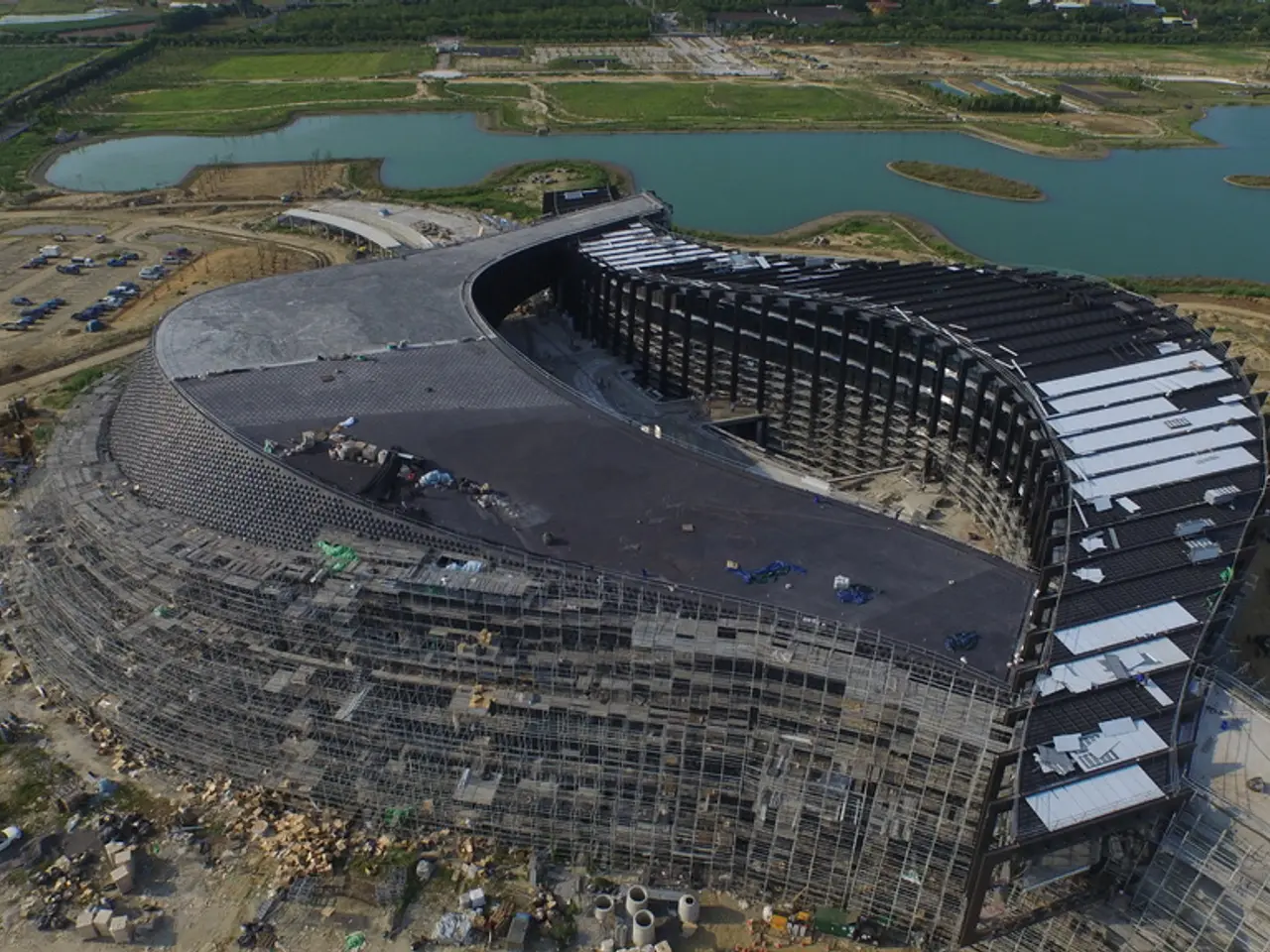Costumer Charged $1,450 by Lucid for Trivial Glass Debris in Lease Agreement - Additional Expenses Await
In recent times, Lucid Air lease customers have been expressing frustration over receiving excessive and surprising charges for minor damages during lease returns. The charges, ranging from about $1,500 to over $5,800, have been attributed to small paint chips, minor scuffs, or allegedly gifted items being charged. These charges, many argue, are inconsistent and have caused significant dissatisfaction among lessees [1][2][3].
Lucid has acknowledged these issues and is currently reviewing their assessment and billing practices related to lease returns. Some customers with disputed charges still have open cases, and there is a possibility that the company will resolve these disputes amicably [1][2].
One of the contentious areas is Lucid's criteria for billable damages. The guidelines state that "debris or defects of any type" on the body can result in charges, but only for "repainted areas." Otherwise, the body has to have at least 11 chips before charges are incurred, and if it's a scuff, it's got to be "larger than the size of a credit card." However, customers allege that these standards are either excruciatingly vague or very specific, and the damage in question does not always fit [1][2].
For instance, a mark seemingly the size of a ballpoint pen tip was identified as "dirt in paint," which necessitated a $585 charge. Worn-away rubber on the center console's smartphone holder was another $200 in charges. The windshield damage included three tiny chips, which are arguably within the realm of normal wear. Yet, the customer was invoiced for $1,450 for the windshield alone [1].
Despite the relief, some customers have decided to lease an Air for the last time. One customer, while thankful to be spared the fee, was disappointed that the employee interpreted the proper thing to do as an act of "goodwill" and an opportunity for the company to pat itself on the back. Another lease customer received relief after two weeks of radio silence on their appeal, with Lucid Financial agreeing to waive a $200 charge for a 1.5-inch scuff on the edge of a wheel [1].
It's not just the charges that have caused concern. The process of resolving issues can involve being bounced around between Lucid, Lucid Financial Services (owned by Bank of America), Bank of America's collection agency, and Bank of America itself [1].
Lucid's banking partner for leases is Bank of America, and the automaker is collaborating with them to resolve disputes over alleged excessive charges. The public statement acknowledges inconsistency, but further reports are needed to determine if the automaker is prepared to take responsibility for these incidents [1][2].
The current status is that many Lucid Air lease customers are reporting excessive and surprising charges for minor damages during lease returns. Customers have received bills ranging from about $1,500 to over $5,800 for what they describe as very minor or nearly invisible wear and tear. These charges appear inconsistent and have caused significant frustration among lessees [1][2][3].
[1] - Source 1 [2] - Source 2 [3] - Source 3
- In the backdrop of ongoing disputes, some Lucid Air lease customers are reconsidering their choice of vehicle, as these financial burdens could potentially impact their lifestyle and future business decisions.
- The escalating controversy surrounding the technology, finance, and business practices of Lucid Air lease returns has extended beyond just the charges, with customers expressing concern over the complicated and time-consuming process of resolving issues.




